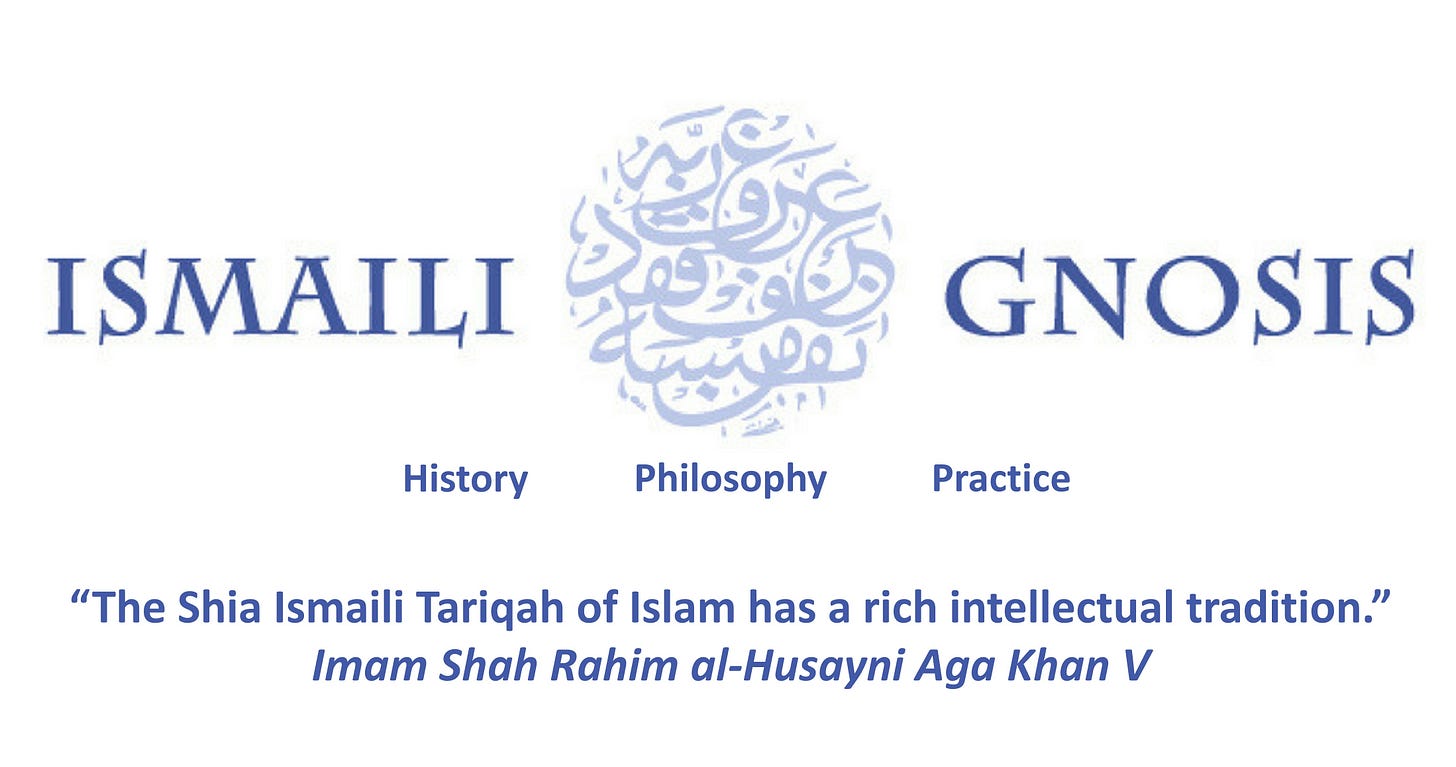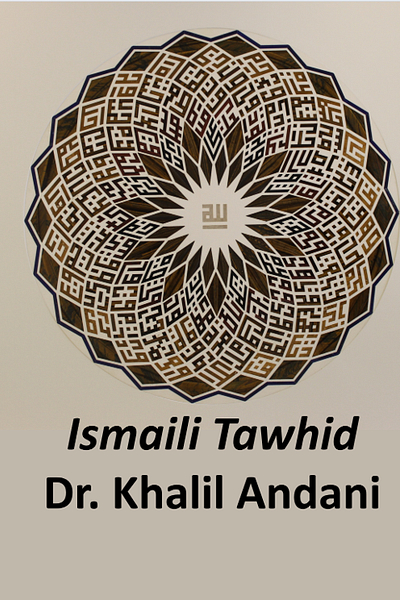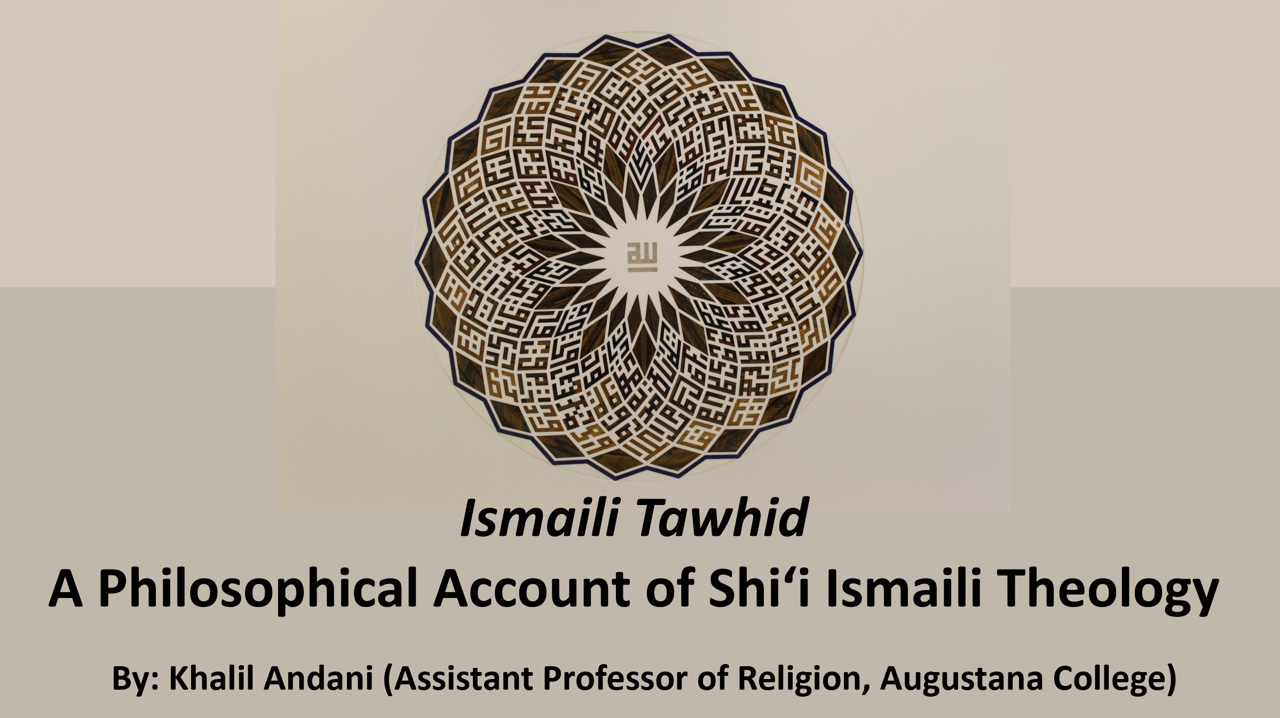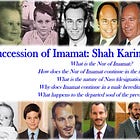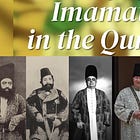Ismaili Tawhid: Academic Article by Dr. Khalil Andani (Open Access)
Ismaili Tawhid offers the most rigorous and uncompromising view of divine transcendence among Islamic theological schools
The word tawhid means “to make one” or “to unify”. Muslims understand tawhid to be the act of attesting to the absolute unity or oneness (wahdah) of God (Allah). However, Muslims are divided into many theological and philosophical schools, each with a different perspective on Tawhid.
Shi‘i Ismaili Muslims, under the spiritual guidance of the Imams and the philosophical teachings of the Ismaili da‘wah, hold to a unique philosophical understanding of Tawhid that is quite different from the Sunni and Twelver majority, and goes far beyond the basic monotheistic understandings of God.
“The Shia Imami Ismaili Tariqah is founded on
Islam’s fundamental principle of Tawhid, the oneness of Allah.”
Imam Shah Rahim al-Husayni Aga Khan V
Takht-Nishini, February 11, 2025
Throughout medieval and modern history, many Muslims have consistently misunderstood and misrepresented the Ismaili view of Tawhid. In a newly published article, Dr. Khalil Andani (PhD Harvard, Assistant Professor of Religion) philosophically unpacks the Ismaili view of Tawhid, contextualizes Ismaili theology within the diversity of Islamic thought, and defends the logical coherence of Ismaili Neoplatonic apophasis (negative theology) against popular objections from Sunni theologians and modern Christian thinkers. His article situates the Ismaili view of Tawhid within a contemporary intellectual context, revises some findings of prior scholars, and argues for the continuing relevance of Ismaili metaphysics and theology.
Thanks to the generosity of certain Ismaili Gnosis Founding Members, Dr. Andani’s article is freely available for download via Open Access below:
Some of the unique features of Shi‘i Ismaili Tawhid are as follows:
God is the sole independent, self-sufficient, and unconditioned reality upon Whom all other realities depend for their existence. God alone is the real-true subsistence while everything else subsists due to God. Ismaili philosophers argued for the subsistence of God through logical and rational arguments.
God is absolutely one in all respects such that there are no “parts”—internal multiplicity or distinctions—within God. This contrasts with Christian beliefs in the Trinity (three divine persons in one God) and many Sunni kalam theologies who affirm real-distinct attributes within God.
God transcends having any entitative attributes that subsist within or comprise His essence—such as knowledge, life, power, etc. This contrasts with most Sunni theological schools, which believe in real-distinct uncreated attributes (divine power, life, knowledge) that subsist in Allah.
God is above being described by any real positive predications—such as “knowing”, “powerful”, “living”, or “merciful”—because these would entail God being similar to His creations.
God is the eternal creator or originator of all dependent realities, which exist according to a hierarchy of perfection beginning with the First Intellect—the most perfect creation—and continuing through the Universal Soul, Prime Matter, Nature, etc.
The Qur’anic names and descriptions of God apply to Him metonymically and not literally. Thus, to call God “all-Knowing” means that He is the source of all knowledge; to call Him “Ever-Living” means He is the giver of all life. In this way, Ismaili theology accounts for the language of the Qur’an and Muslim prayers while remaining true to God’s absolute transcendence.






